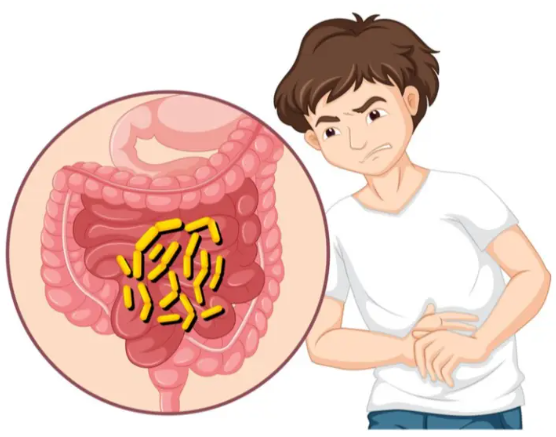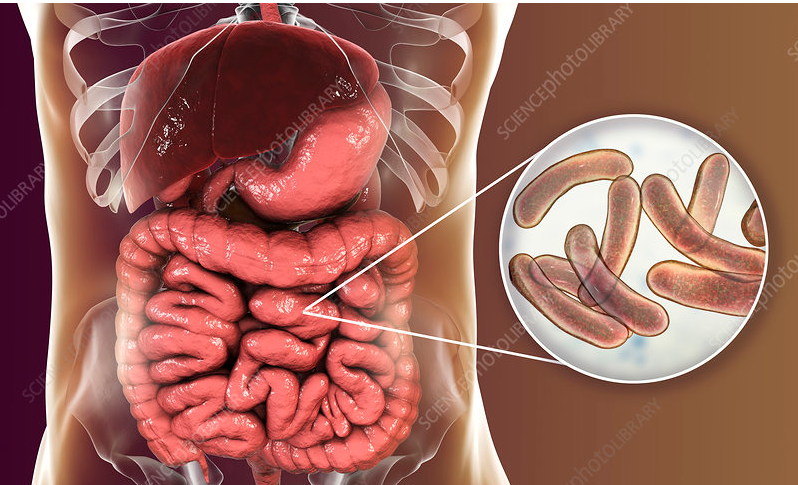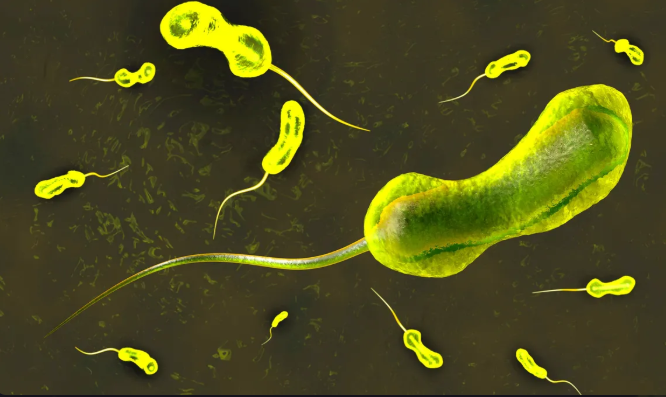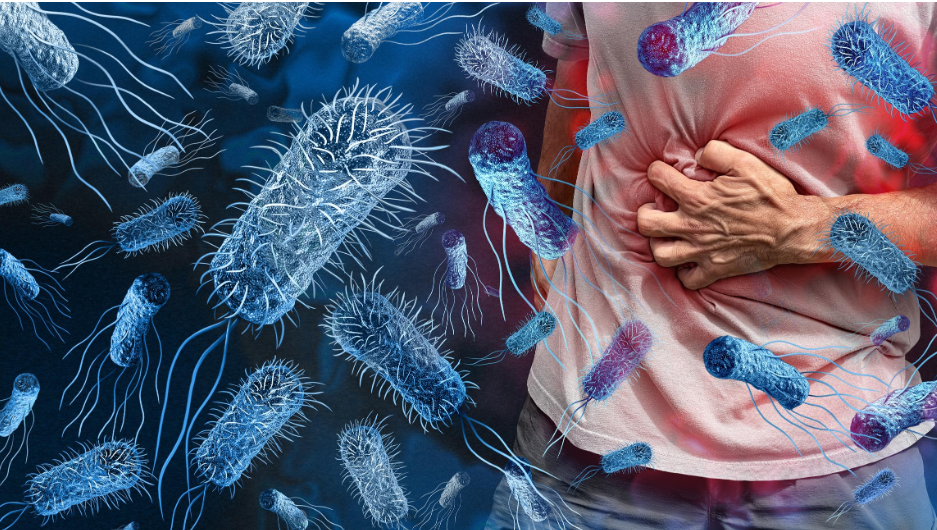Cholera is an acute infectious disease caused by the bacterium Vibrio cholerae.
It primarily affects the small intestine and is characterized by:
- Sudden onset of severe watery diarrhea (often described as “rice-water stools”)
- Vomiting
- Rapid dehydration and electrolyte imbalance

the causes of cholera
Environmental & Social Causes
- Unsafe drinking water (polluted rivers, wells, or municipal supply)
- Poor sanitation systems (open defecation, leaking sewage, flooding)
- Natural disasters (earthquakes, floods, cyclones → breakdown of water and sanitation systems)
- Refugee camps / overcrowding (rapid spread due to lack of infrastructure)
- Climate change & seasonal changes (warmer water favors Vibrio growth, rainy seasons cause contamination)
Food-related Causes
- Contaminated food (especially raw or undercooked seafood, shellfish, and vegetables washed with unsafe water)
- Street food prepared in unhygienic conditions
- Poor food storage in hot climates
Host-related Causes (make people more vulnerable)
- Low stomach acid (due to medications like antacids, or conditions like achlorhydria)
- Malnutrition (weakens immunity and gut defenses)
- Weakened immune system (infants, elderly, chronically ill)
The symptoms of cholera:
Typical Symptoms
- Profuse watery diarrhea (often described as “rice-water stools”)
- Vomiting (may be clear or watery)
- Rapid dehydration due to fluid loss
Signs of Dehydration
- Intense thirst
- Dry mouth and tongue
- Sunken eyes
- Low blood pressure
- Rapid heartbeat (tachycardia)
- Little or no urine output
- Muscle cramps (from loss of salts/electrolytes)
- Weakness, dizziness, fatigue
Severe / Advanced Symptoms
- Shock (very low blood pressure, weak pulse)
- Confusion or irritability
- Collapse (in severe cases, death can occur within hours if untreated)

The treatment of cholera:
1. Immediate Treatment
- Oral Rehydration Solution (ORS):
- The most important and lifesaving treatment.
- A mixture of clean water, salt, and sugar that replaces lost fluids.
- Saves 80–90% of patients if given early.
- Intravenous (IV) fluids:
- For patients with severe dehydration who cannot drink enough.
2. Medications
- Antibiotics:
- Shorten the duration of diarrhea and reduce fluid loss.
- Common options: doxycycline, azithromycin, ciprofloxacin (choice depends on resistance in the area).
- Zinc supplements:
- Especially useful in children; reduce the severity and duration of diarrhea.
3. Supportive Care
- Nutritional support: continue feeding (especially breastfeeding in infants).
- Monitoring: regular checking of hydration status, urine output, and electrolytes.
4. Prevention (part of long-term control)
- Safe drinking water
- Good sanitation and hygiene
- Cholera vaccination in high-risk areas

